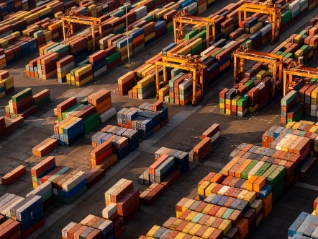Atradius Atrium
Log in op ons online credit management platform. Het biedt u toegang tot alle Atradius online applicaties in één omgeving.
 Nederland
Nederland









Meer laden
Pagina 7 van 31







Meer laden
Pagina 7 van 144
Meer laden
Pagina 7 van 19